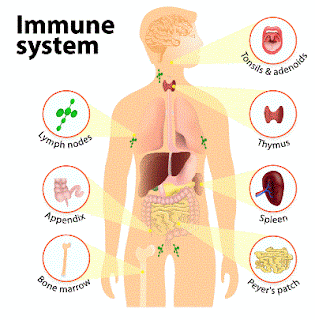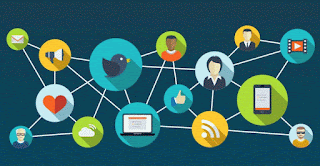 |
| Fats: the Good, the Bad and the Ugly |
The good fat:
Polyunsaturated and monounsaturated fatty acids lower our risk of heart diseases. You can get polyunsaturated fatty acids from vegetable oil, fatty fish, fish oils, and some nuts. While olive oil, canola oil, and nuts like cashews and peanuts contain a high quantity of monounsaturated fatty acids.
The bad fat:
Saturated fat raises the blood levels of bad cholesterol (LDL). However, it also raises the blood levels of good cholesterol (HDL) at the same time. It is mostly found in coconut, palm, and palm kernel oils, animal fats, butter, cheese, and other dairy products.
The ugly fat:
Trans fatty acids or trans fat raises LDL and lowers HDL at the same time. It increases the risk of a heart attack. It quickens the rate of aging and increases the risk of birth defects in newborn babies. It is also linked to certain forms of cancer and diabetes.
How do you know a product contains trans fat? Look at the label. If it includes 'shortening', 'partially hydrogenated vegetable oil' or 'hydrogenated vegetable oil', the food contains trans fat.
Major sources of trans fat are:
1% Breakfast cereal and sweets
3% Salad and topping, potato chips, corn chips, and popcorn
4% Household shortenings
8% Fried potatoes
17% Margarine
21% Animal products
40% Cakes, cookies, crackers, pies, and pizzas
Food labeled as 'free of trans fat' should not contain more than 0.1g per 100g (solids) or not more than 0.1ml per 100ml (liquids).
Image source: https://www.winstonmedical.org/fats-the-good-the-bad-and-the-ugly/















































